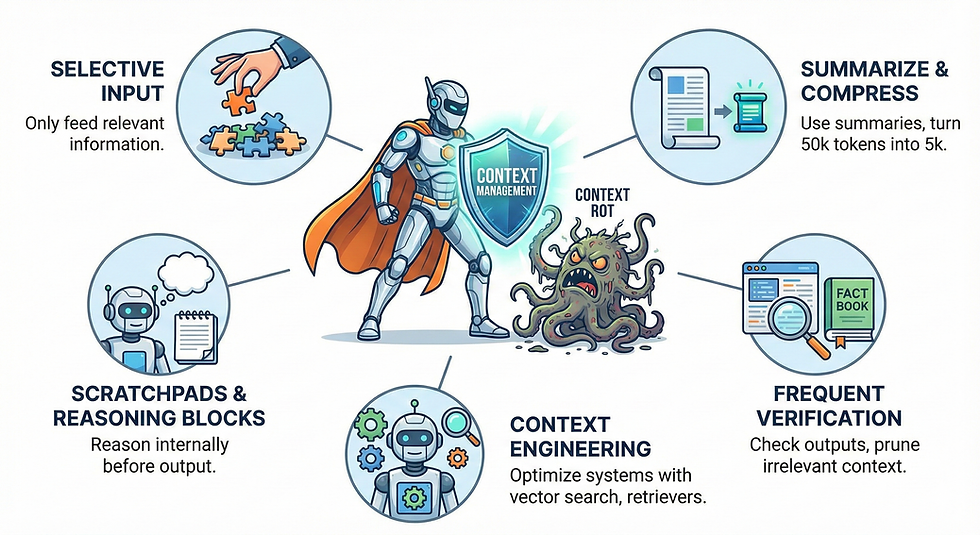NLWeb by Microsoft: Where Every Website Becomes a Chatbot
- Smita

- May 28, 2025
- 2 min read
Updated: May 28, 2025

What is NLWeb?
NLWeb, short for Natural Language Web, is designed to simplify the creation of natural language interfaces for websites. It allows developers to integrate AI-driven conversational capabilities into their sites using models of their choice and their own data. Each NLWeb instance functions as a Model Context Protocol (MCP) server, making website content discoverable and accessible to AI agents and other participants in the MCP ecosystem.
How Does NLWeb Work?
NLWeb leverages semi-structured data formats like Schema.org and RSS to build conversational capabilities. It processes user queries through language models, performs semantic searches against website content, and generates natural responses. The platform is platform-agnostic, running on all major systems and connecting to any vector database, facilitating seamless integration across various web environments.
Real-World Applications and Adoption
During the Build 2025 developer conference, Microsoft demonstrated how websites like Serious Eats and outdoor retailers could tailor search experiences using NLWeb, enhancing relevance and user engagement. Early adopters of NLWeb include TripAdvisor, Shopify, Eventbrite, and Hearst, indicating a growing interest in integrating conversational AI into diverse web platforms.

The Vision for an Agentic Web
Microsoft envisions NLWeb playing a role similar to HTML in the emerging agentic web, where conversational AI becomes a fundamental aspect of web interaction. By enabling websites to offer AI-driven, natural language interfaces, NLWeb aims to democratize access to conversational AI, reduce reliance on centralized tools, and empower developers to create more engaging and accessible web experiences.
Getting Started with NLWeb
Developers interested in implementing NLWeb can access resources and documentation provided by Microsoft to integrate natural language interfaces into their websites.
Git Hub URL : https://github.com/microsoft/NLWeb
This repository contains the following:
The code for the core service -- handling a natural language query on how this can be extended / customized.
Connectors to some of the popular LLMs and vector databases.
Tools for adding data in schema.org jsonl, RSS, etc. to a vector database of choice.
A web server front end for this service. The service, being small enough runs in the web server.
A simple UI for enabling users to issue queries via this web server.
By adopting NLWeb, developers can enhance user interaction, improve content discoverability, and participate in the evolving landscape of conversational web experiences.
References:



Comments